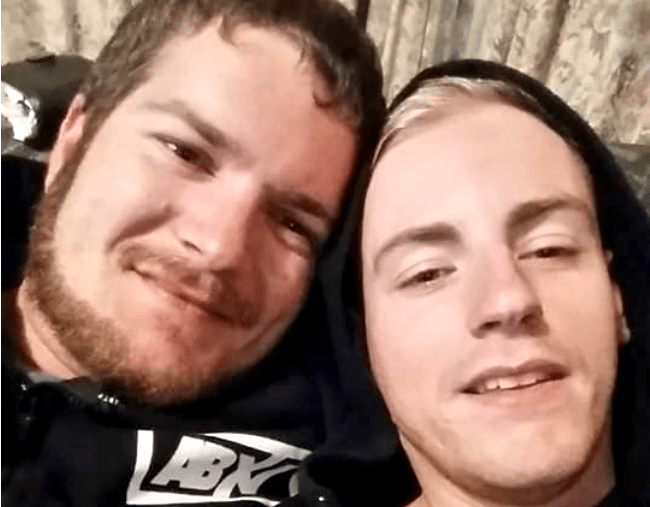
Cherie Eteveneaux’s 24-year-old son Corey couldn’t be saved after he was fatally injured in a car crash in February. But she and Corey’s partner, Daniel Jacobs, still hoped his life could help others.
The New Zealand man’s organs couldn’t be donated due to the timing of his death, but his heart valve and corneas were perfectly fine.
Donated heart tissues such as heart valves are used to repair heart defects in young children and babies, which greatly improves their chances of having normal lifespans. So, Corey’s mother and partner made the generous decision to offer the tissues for donation, only to be told they weren’t suitable because he was gay.
Bec Craven caught a cold overseas and ended up with heart failure and needing a donation. Post continues.
“I spoke with a woman from Organ Donation NZ and initially I thought she wanted to speak to me about Corey’s tattoos and when the last time was he had work done,” told NZ’s Sunday Star Times.
“Instead she told me they couldn’t take Corey’s heart valves or corneas because of his lifestyle. Eventually, she said it was because he’s a homosexual man.”
The reason Corey was rejected as a donor is the same reason some men in Australia are rejected for blood and tissue donation, according to the Australian Red Cross.
The regulations preclude men who have had sex with other men in the past 12 months from donating because of the statistically greater risk they will have HIV (human immunodeficiency virus) than straight men and women. In both Australia and New Zealand organ donations by gay men are accepted.

Top Comments
Are two different issues conflated into one article here? Blood donation (where the donor is alive and able to testify to their sexual relations over the past few months or year) is very different to an organ donation by a deceased person with an unknown sexual history right? Not an expert, just seems like two very different issues.